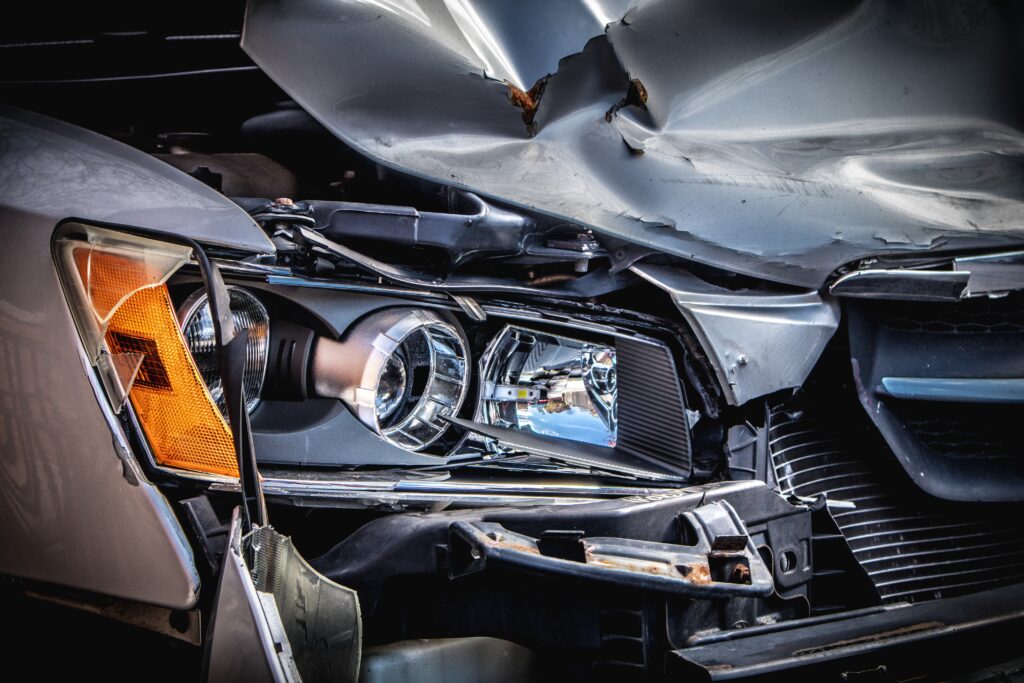Car accidents can happen to anyone, and knowing how to handle them legally is crucial. Most people don’t want to consider this type of situation. But, giving it some thought can help you if the situation arises. You can be prepared. In this guide, we’ll explore some common types of car accidents in the UK and the steps you should take to navigate them within the bounds of the law.

Rear-End Collisions
Rear-end collisions are among the most common car accidents. They often result from a driver failing to stop in time. Legally, the driver who rear-ends another vehicle is typically at fault. So, if this happens to you, know that you have a claim. First, ensure that everyone’s safe in this type of incident. Then, you want to exchange information with the other driver. Collect evidence, including photos of the accident scene and any injuries. You want to ensure that you can prove that you weren’t at fault for this rear-end collision. You can contact RTA Claims if you require help with the claim process. Being in an accident can be frightening, and help from the team can ensure that you can relax and someone else handles it for you.
T-Bone (Side-Impact) Collisions
T-bone collisions occur when a vehicle is struck from the side, forming a “T” shape. Establishing liability in these cases is essential. The first thing on the agenda is calling for medical attention if this is necessary. You should collect witness information if anybody saw what happened. File a police report is the next thing you should do. It’s also beneficial to seek legal counsel if needed, especially if liability is disputed.
Hit and Run Accidents
Hit and run accidents can be particularly frustrating and they can leave you on your own after a scary event. When the other driver flees the scene, you should record as much information as possible about the vehicle, including the license plate. You should report the incident to the police and ensure you tell them that the driver left the scene. This is a criminal offence, which means that it’s serious. Contact your insurer to discuss uninsured motorist coverage.
Consult a legal expert if the responsible party remains unknown.
Head-On Collisions
Head-on collisions are typically severe and require careful handling. In particular, you want to ensure that you call for immediate medical help. More than one person will likely have received injuries from this type of crash, particularly if it was at speed. You also want to ensure the police are called to document the scene. If you’re in an urban area and somewhere busy, it’ll be beneficial to collect witness statements in order to help your case.
Multi-Vehicle Pileups
Multi-vehicle pileups can be scary, and determining fault is complex. To handle them legally, ensure you focus on immediate safety and medical attention. Once you’re safe, ensure that you take plenty of photos and collect evidence. This type of case means that fault has to be established, and experts have to figure out why it happened. Notify your insurer and provide all available information. Legal action may be necessary, especially in cases with multiple parties.
Junction Accidents
Accidents at junctions often involve questions of right of way and traffic rules. This is particularly true in urban areas where there is a lot of traffic piling up and people are becoming frustrated. If you’re involved in an accident at a junction, stay at the scene and ensure safety.
You should exchange information with the other driver. File a police report if necessary. Be aware of traffic rules and right-of-way laws to figure out what’s gone wrong and who’s at fault.
Pedestrian and Cyclist Accidents
Accidents involving pedestrians and cyclists require special attention. You need to ensure that you respond straight after it’s happened and do the right thing. In particular, you should stop immediately and provide assistance if necessary. For example, if anyone has sustained bad injuries, you should call an ambulance. In addition, you’ll need to notify the police and report the incident. When you’re at the scene, don’t forget to exchange information with the affected party. Understand the unique legal considerations when vulnerable road users are involved.
Conclusion
Car accidents come in various forms, but understanding the legal aspects of each type is essential. Remember to prioritise safety, gather evidence, report the incident to the police, and inform your insurer. Seeking legal counsel might be necessary in more complex cases. Stay informed and be prepared for any situation on the road.

